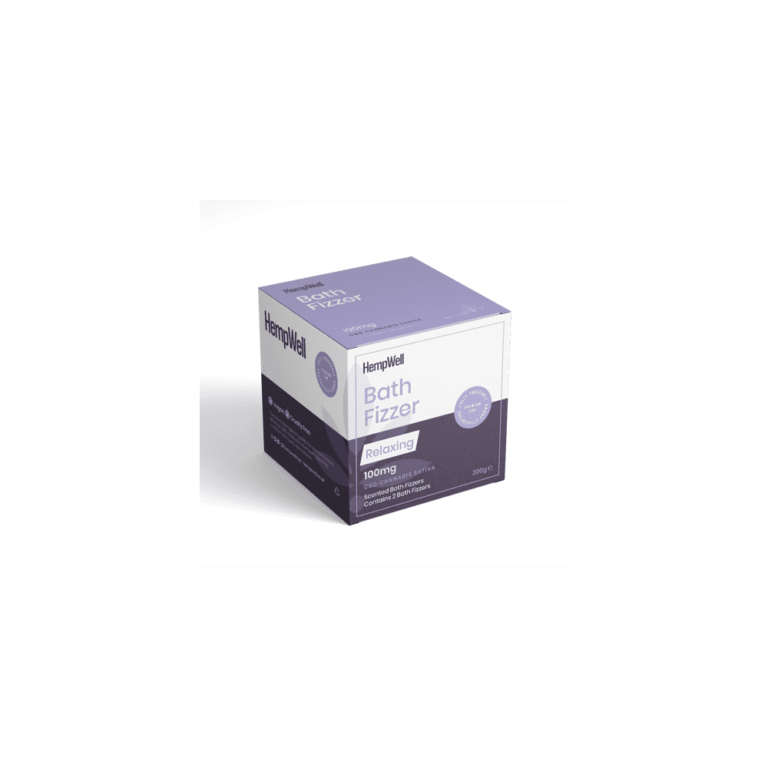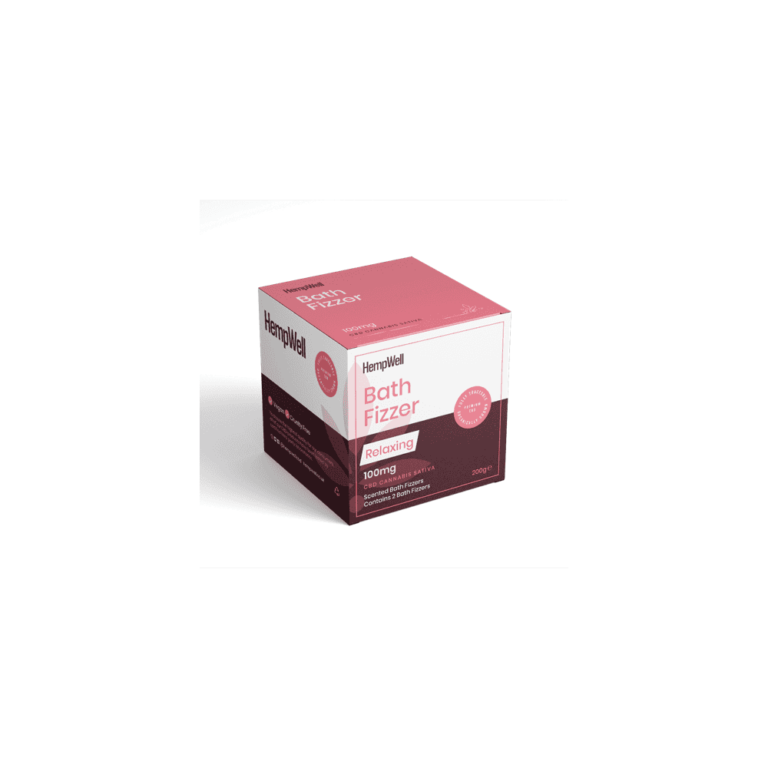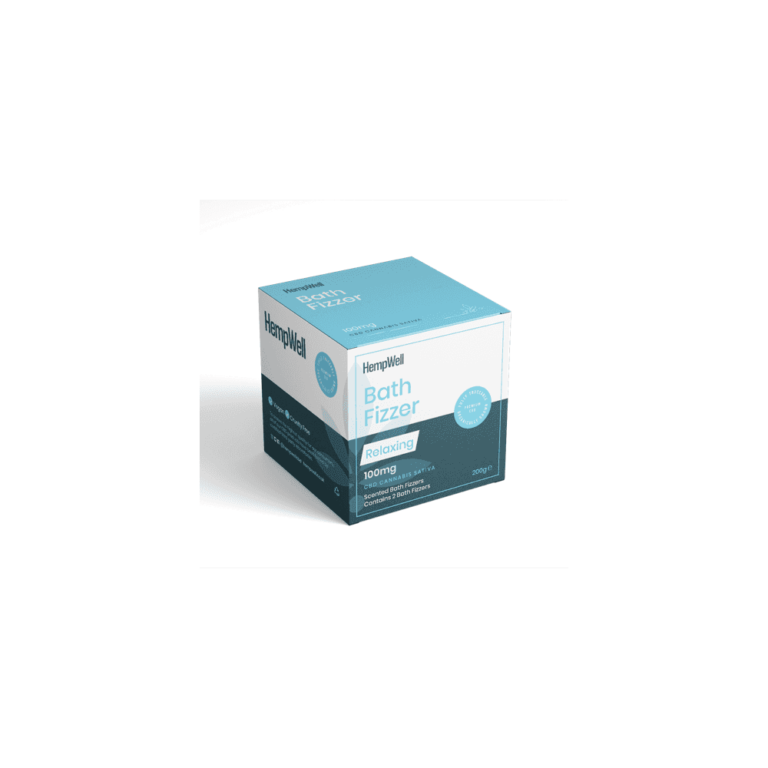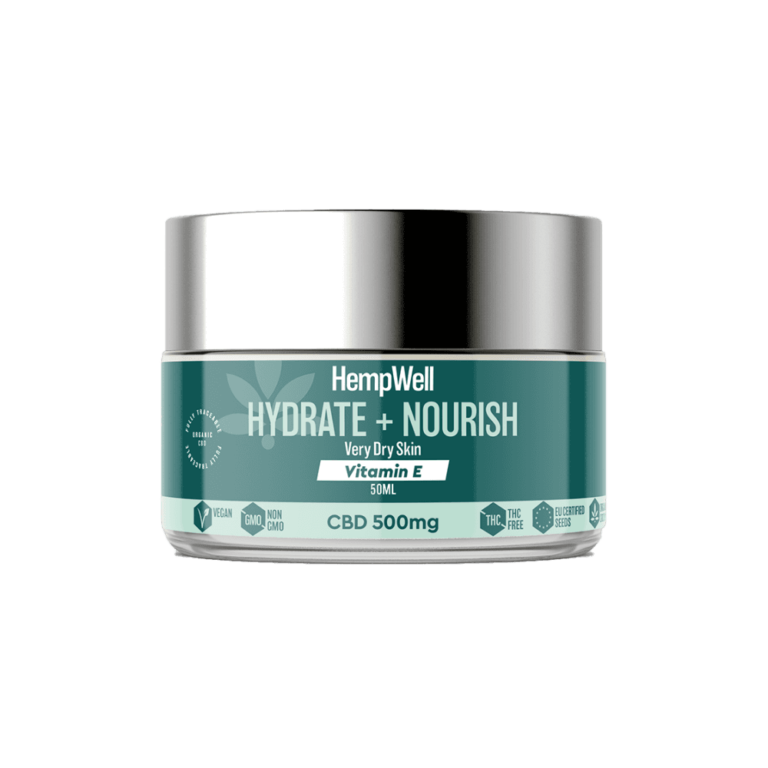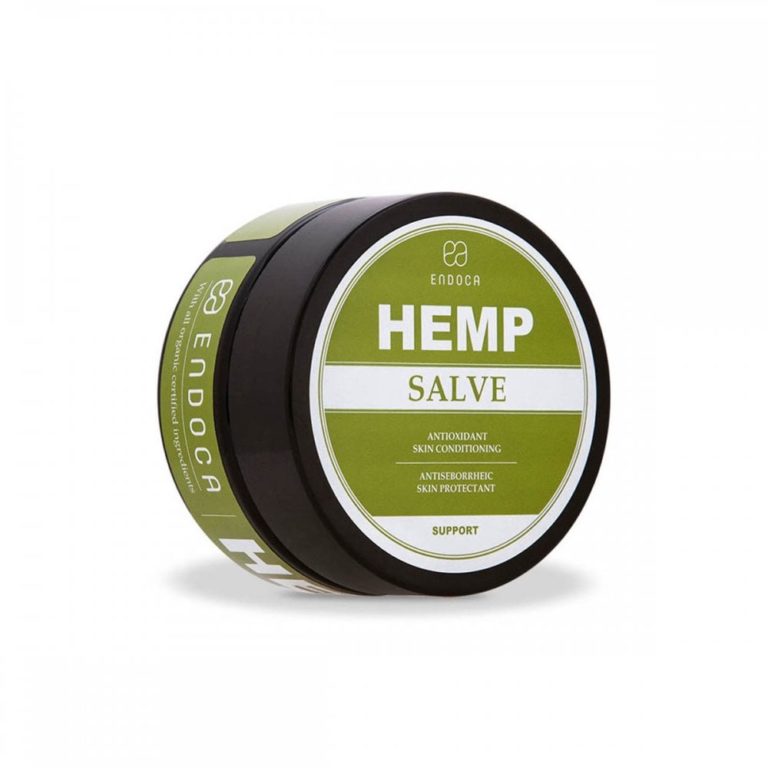CBD for Psoriasis
CBD for Psoriasis
Does CBD for Psoriasis Work?
CBD for psoriasis – Psoriasis is a chronic, inflammatory autoimmune condition that causes rapid accumulation of skin cells on the surface of the skin, forming inflamed red patches which can be itchy and painful, and may crack and bleed.
Around 30% of people living with psoriasis also develop psoriatic arthritis, which leads to inflammation and stiffness in and around the joints.
The most common treatments for psoriasis are topical creams and light therapy, but more and more people are turning to CBD for psoriasis management because of its anti-inflammatory properties and health benefits.
In this article we explore the connection between CBD and psoriasis.
Research shows that CBD oil can help to regulate the immune system and reduce inflammation and pain caused by the condition.
It can also lower anxiety levels, often a trigger for psoriasis, due to the entourage effect. For this reason, CBD oil is an effective way to manage the redness, pain and itchy rashes that often come with the condition, as well as the symptoms of psoriatic arthritis.
Some research indicates that CBD may benefit people with psoriasis, Trusted Source its antioxidant and anti-inflammatory properties.
A 2020 review suggests that CBD’s anti-inflammatory properties may help treat skin conditions, including psoriasis. However, the authors recommend caution when using CBD for psoriasis, as more research is needed.
A 2019 study looked at the effects of CBD-enriched ointment, which did not contain THC, for people with skin conditions, including psoriasis. The researchers found that the product led to improvement in skin symptoms.
A 2019 review also found that CBD may have therapeutic potential for people with this condition.
How Does CBD Work for Psoriasis?
CBD and other cannabinoids work by interacting with the body’s endocannabinoid system.
The endocannabinoid system (ECS) is made up of two receptors — CB1 and CB2. These receptors have been found all around the body and make up the endocannabinoid system. This system helps the brain communicate with the rest of the body.
CBD interacts with these receptors, impacting receptor activity. These interactions can help reduce inflammation, aid pain relief, support the immune system, and reduce a variety of other symptoms.
CB1 receptors are found in the skin (among other places), giving CBD the potential to impact many skin conditions.
Studies show that CBD’s interaction with these receptors can positively impact psoriasis and other chronic skin conditions [1].
The same study suggests that CBD can also slow down excess skin growth, reducing the buildup of excess skin cells involved with psoriasis flare-ups.
The anti-inflammatory qualities of CBD help reduce the swelling, redness, and irritation associated with psoriasis.
Both this quality and the pain-relieving qualities of CBD also help reduce swelling and pain in the joints, making it an effective treatment for psoriatic arthritis.
Although research into the effects of CBD on psoriasis is still in the early stages, existing studies do support users’ claims.
Many people with psoriasis are already using CBD to treat their condition with excellent results.
How much CBD for Psoriasis should I use?
Scientific studies have not established a minimum dosage that helps relieve symptoms of psoriasis.
Start with the lowest dosage at first, then gradually increase the amount if necessary. Many manufacturers include a recommended maximum dosage.
For CBD for psoriasis we recommend a high concentration CBD Balm that you use as a topical treatment, that is applied directly on to the affected part of the skin.
Taking CBD oil sublingually can also work but it may take longer and who wants to wait when results can be quicker.
Check out our CBD for psoriasis balms here

